11 Subconscious Habits of People in Unhealthy Relationships — But They’ll Never Admit It

Relationships can be tricky, and sometimes we fall into patterns that hurt us without even realizing it. Many people stay in unhealthy relationships because they don’t recognize the warning signs hiding in their everyday actions. Understanding these subconscious habits can help you spot problems early and decide whether your relationship needs serious work or it’s time to move on.
1. They Use the Phrase “You Always…”

Words matter more than you think, especially during disagreements. When someone starts a sentence with “you always,” they’re not trying to solve a problem—they’re assigning blame.
This defensive wording shuts down honest conversation before it even starts. Small disagreements quickly become bigger conflicts when blame takes over.
Instead of working together to find solutions, partners end up defending themselves and attacking back. Over time, this pattern creates a wall between two people who should be on the same team, making it nearly impossible to resolve issues in a healthy way.
2. They Take the Words “I Love You” Lightly
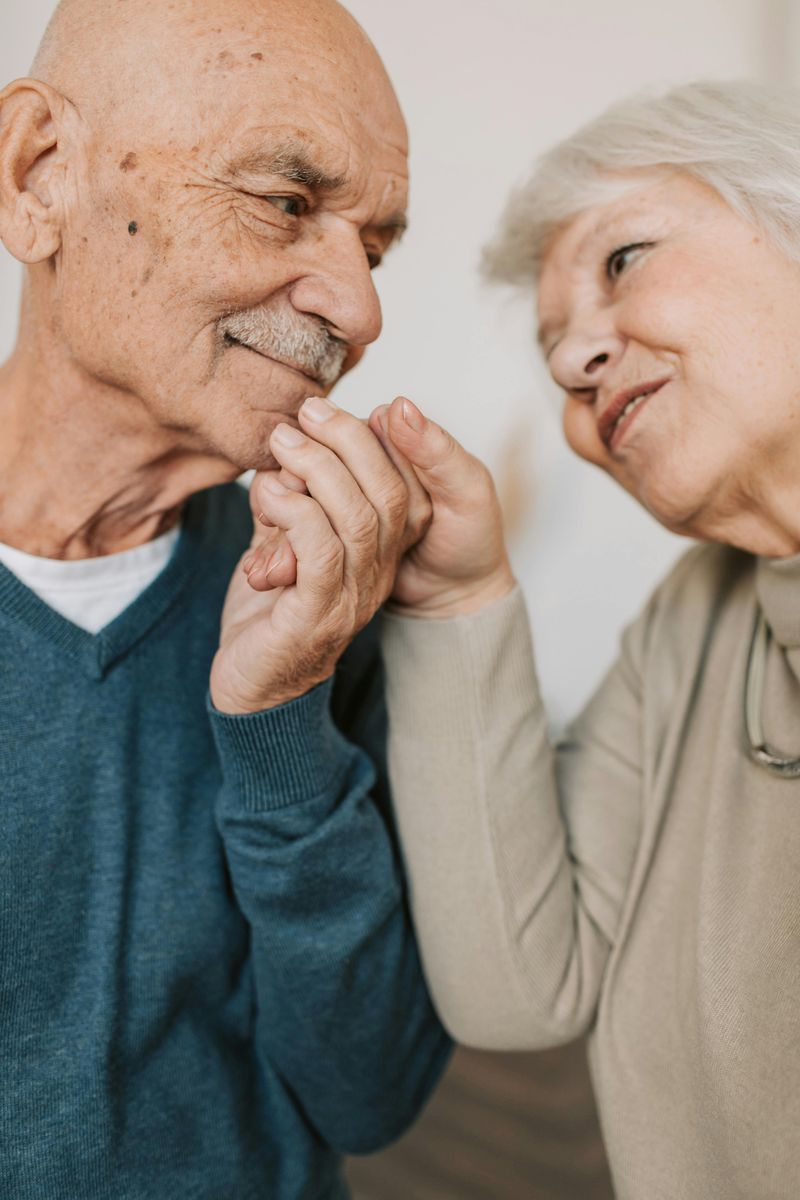
Saying “I love you” should feel special, not automatic. When couples start throwing these words around just to end awkward silences or smooth over fights, they lose their magic.
The phrase becomes empty, like saying “bless you” after a sneeze—polite but meaningless. Real love needs emotional depth and intention behind the words.
Using this powerful phrase out of habit or guilt strips away its value. Eventually, neither person feels truly loved because the words no longer carry weight, leaving both partners emotionally starving even while hearing those three words daily.
3. They DM or Text More Than They Talk in Person

Screens have become shields in many relationships. Couples hide behind texts and DMs even when they’re sitting right next to each other. Digital messages feel safer because you can edit, delete, or ignore them—something you can’t do with real conversations.
This habit creates serious emotional distance over time. Real connection happens through eye contact, tone of voice, and body language—things that emojis and texts can’t replace.
When partners prefer typing over talking, they’re avoiding genuine intimacy, which slowly kills the relationship from the inside out.
4. They Forget to Say “Please” and “Thank You”
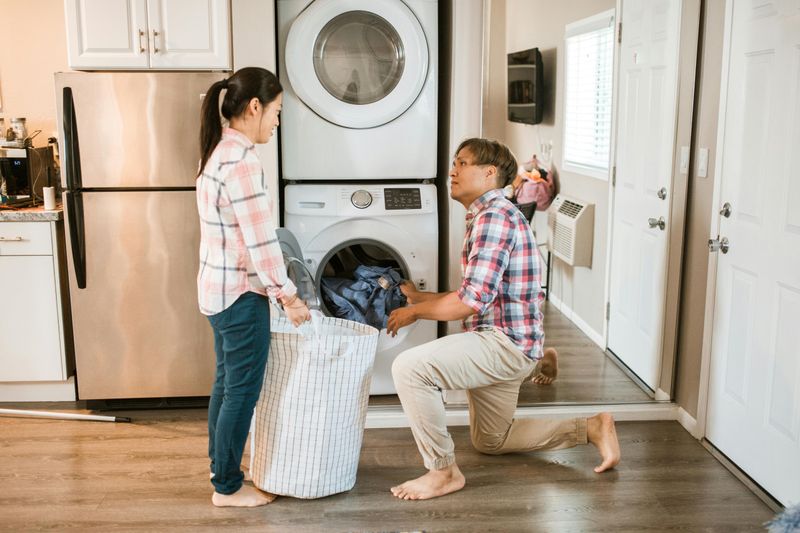
Basic manners aren’t just for strangers—they’re essential in relationships too. Skipping simple words like “please” and “thank you” might seem minor, but it reveals something bigger. When partners stop using these courtesies, they’re showing growing disrespect and taking each other for granted.
Everyone wants to feel appreciated for their efforts, whether it’s cooking dinner or picking up groceries. Without acknowledgment, resentment builds quietly.
Small acts of kindness go unnoticed, making people feel invisible in their own relationships. These tiny moments of disregard add up, creating distance where there should be gratitude and mutual respect.
5. They Constantly Complain
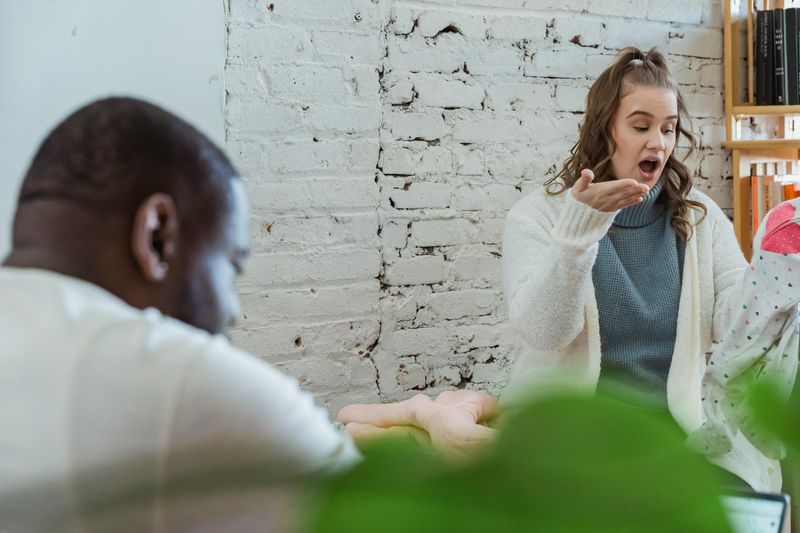
Some people turn complaining into their default setting. Every conversation becomes a list of what’s wrong, what’s annoying, or what’s disappointing. This negativity acts like a dark cloud hanging over the relationship, blocking out any sunshine that tries to break through.
Relationships need positivity to survive and grow. When complaining takes over, joy and gratitude disappear completely. Partners stop sharing good news because they know it’ll get met with negativity.
Eventually, the relationship becomes exhausting rather than energizing, draining both people until there’s nothing left to give each other.
6. They Hyper-Focus on Everything Their Partner Does Wrong
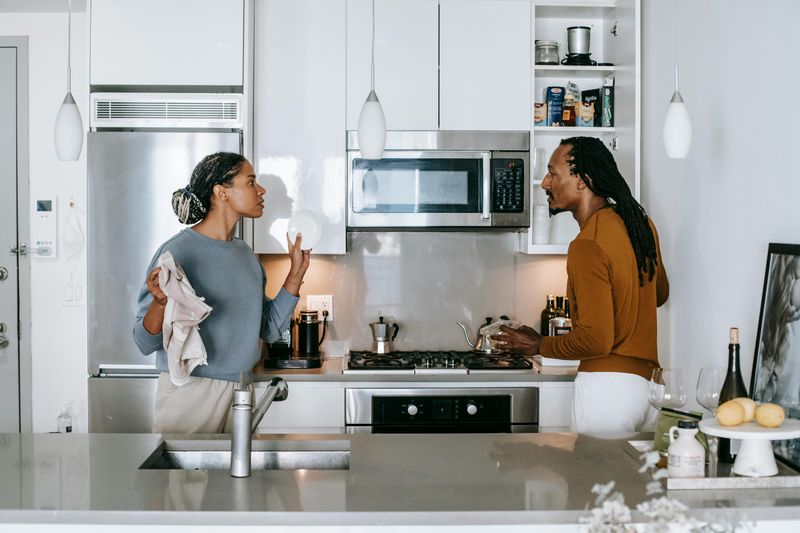
Perfection doesn’t exist, but some people act like it should. They keep a mental scoreboard of every mistake, every flaw, and every wrong move their partner makes.
Instead of seeing the whole person, they zoom in on imperfections like a detective hunting for evidence. This habit destroys empathy and understanding. Relationships need room for mistakes and growth, not constant criticism.
When someone focuses only on what’s wrong, they create resentment instead of solutions. Their partner feels attacked rather than supported, turning what should be a loving partnership into an exhausting performance where failure is always expected.
7. They Avoid Couples Therapy
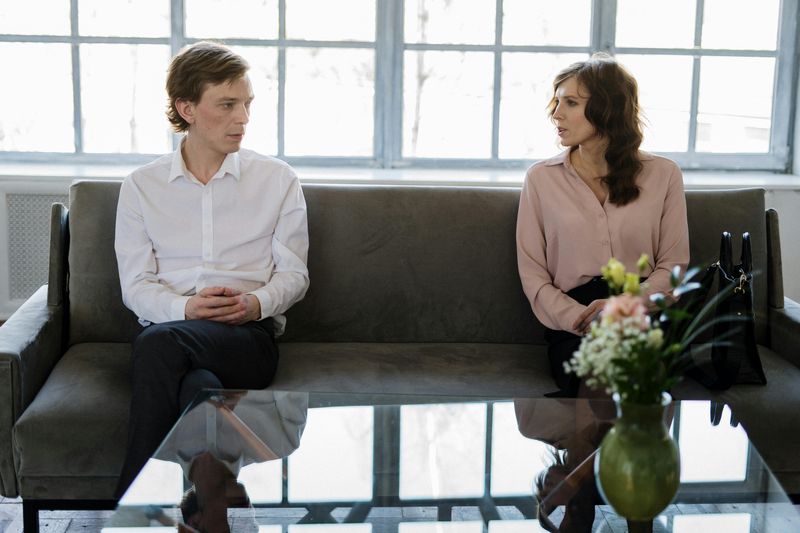
Asking for help should be a sign of strength, not weakness. Yet many couples refuse therapy like it’s admitting defeat. This avoidance usually comes from denial—pretending everything’s fine when it clearly isn’t—or fear of confronting painful truths they’ve been ignoring.
Professional guidance can save relationships that are drowning. Therapists provide tools and perspectives that couples can’t see on their own. Refusing this help often means choosing pride over progress.
The relationship continues deteriorating while both people pretend they can fix it alone, when really they’re just too scared to face what’s actually broken between them.
8. They Give Their Partner What They Assume They Want Rather Than Asking

Mind reading sounds romantic in movies, but in real life, it causes major problems. Some people decide what their partner needs without ever asking, then feel hurt when their efforts miss the mark. Acting on assumptions feels safer than risking honest communication.
This habit fuels endless misunderstandings and unmet needs. One person gives thoughtful gestures that completely miss what their partner actually wants. Both people end up frustrated—one feeling unappreciated, the other feeling misunderstood.
Simple questions could solve everything, but fear and assumptions keep couples guessing instead of connecting through honest conversations about their real desires and needs.
9. They Apologize Just to End Arguments — Not Because They Mean It

The phrase “I’m sorry” loses all power when it’s just a tool to stop fighting. Some people apologize without meaning it, just wanting the argument to end so they can move on. These hollow words create temporary peace but fix absolutely nothing underneath.
Real apologies require understanding what went wrong and committing to change. Without that, you’re just putting a bandage on a wound that keeps getting deeper.
The same fights happen again and again because nothing actually got resolved. Resentment builds in layers, hidden under fake apologies, until the relationship collapses from all the unaddressed issues piling up inside it.
10. They Constantly Compare Their Relationship to Others

Social media makes comparison dangerously easy. Couples scroll through everyone else’s highlight reels—the perfect dates, romantic gestures, and happy photos—then wonder why their own relationship doesn’t measure up.
This habit breeds insecurity and dissatisfaction faster than anything else. Every relationship is unique with its own strengths and struggles. What works for others might be completely wrong for you.
Measuring your love against carefully curated posts and filtered photos is like comparing your behind-the-scenes footage to someone else’s final edit. This constant comparison poisons gratitude, making people blind to the good things they already have right in front of them.
11. They Avoid Being Alone Because It Feels Uncomfortable

Healthy relationships need breathing room, but some people panic when they’re alone. They cling to constant togetherness, turning their partner into a security blanket instead of an equal companion. This dependency hides deeper issues about self-worth and identity.
Everyone needs individual space to grow and recharge. When someone can’t handle being alone, they slowly erase their own identity, defining themselves only through their relationship.
This pressure suffocates their partner and erodes the individuality that made them attractive in the first place. True partnership means two complete people choosing each other, not two halves desperately clinging together to feel whole.

Comments
Loading…